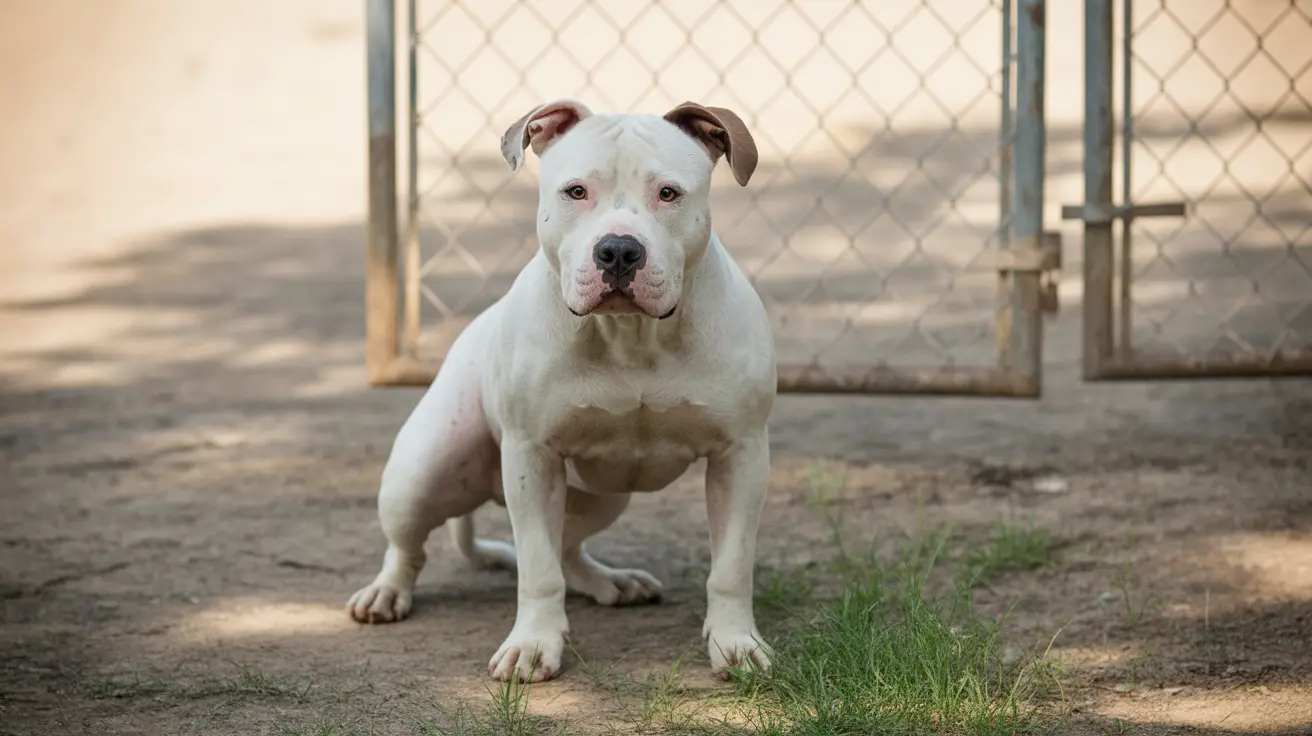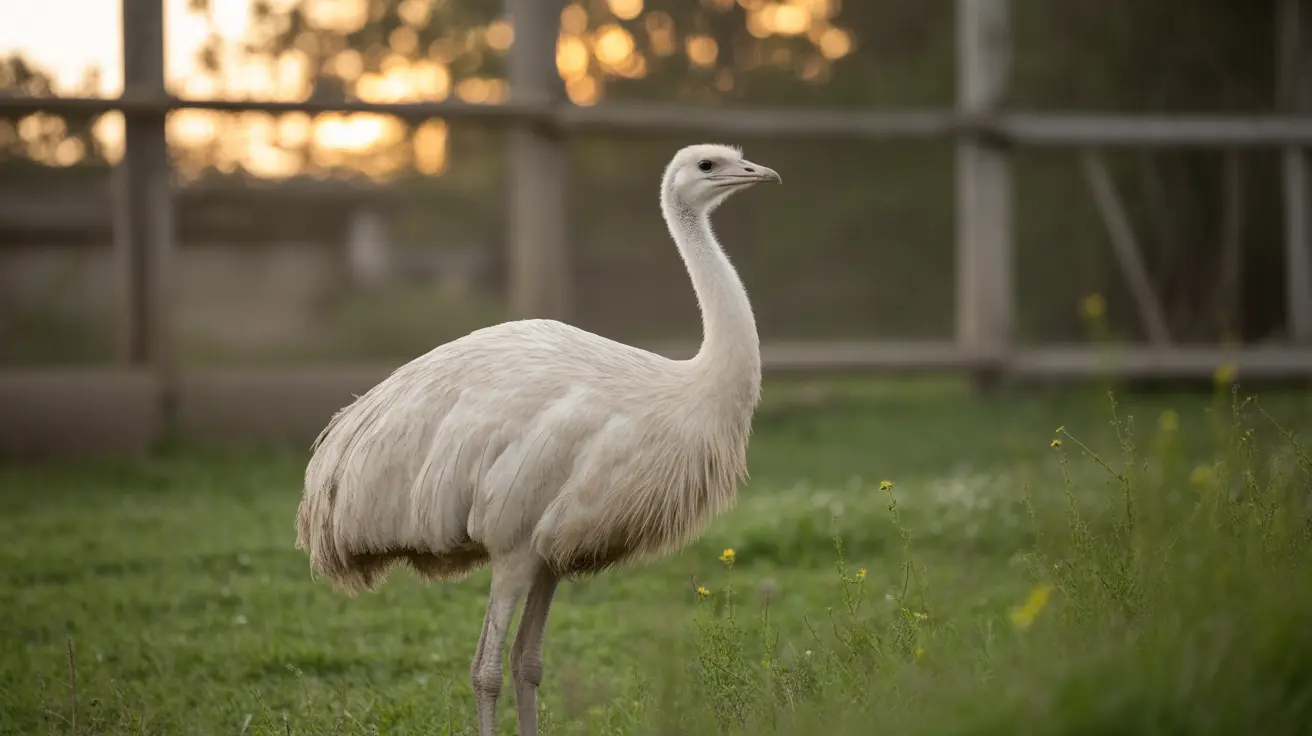Is It Safe to Feed Your Dog Brown Rice and Chicken Every Day?
As a responsible pet owner, ensuring your dog receives a healthy, balanced diet is critical to their overall well-being. Many owners consider feeding their dogs human-grade meals like brown rice and chicken as a natural, wholesome alternative to commercial dog food. But is it safe or advisable to serve this combination daily?
The Nutritional Profile of Brown Rice and Chicken
Chicken is a lean source of high-quality protein, essential for muscle development, organ function, and immune health in dogs. Brown rice offers complex carbohydrates and fiber, providing sustained energy and aiding digestion.
- Chicken: High in protein, low in fat, rich in amino acids.
- Brown rice: Contains fiber, B vitamins, and minerals like magnesium and manganese.
While both ingredients bring nutritional value, they don’t provide all the vital nutrients dogs need, such as specific vitamins, minerals, and fatty acids.
Potential Benefits of a Chicken and Brown Rice Diet
When properly prepared and monitored, a chicken and brown rice diet can offer several short-term benefits:
- Digestive ease: Commonly recommended during cases of diarrhea or gastrointestinal upset.
- Hypoallergenic option: Limited ingredients can reduce allergy risk in sensitive dogs.
- Controlled ingredients: Ideal for dog owners concerned about additives or preservatives in commercial foods.
Risks and Limitations of Daily Feeding
Despite these benefits, relying on chicken and brown rice exclusively every day can have drawbacks:
- Imbalanced nutrition: Lacks essential nutrients like calcium, omega-3 fatty acids, and vitamins D and E.
- Overexposure to one protein: May increase the risk of developing food sensitivities.
- Insufficient variety: Dogs thrive on a diverse diet to meet their nutritional needs fully.
Veterinarians caution that feeding the same meal daily, especially one incomplete in nutrients, can lead to serious health issues over time, including malnutrition.
When Is It Okay to Offer Brown Rice and Chicken Daily?
There are certain scenarios where daily feeding may be acceptable, under supervision and short-term conditions:
- During recovery from illness or surgery when a bland diet is recommended.
- As part of a veterinary-approved homemade diet that includes added supplements.
- For temporary elimination diets to diagnose allergies or intolerances.
In each of these cases, it’s essential to work closely with a vet or canine nutrition expert.
Creating a Balanced Homemade Diet
If you’re committed to home-prepared meals for your dog, you must incorporate other ingredients and supplements to ensure balance:
- Calcium: Add powdered eggshells or dog-safe bone meal.
- Essential fatty acids: Include fish oil or flaxseed oil.
- Vegetables: Add carrots, green beans, or peas (all cooked and dog-safe).
- Organ meats: Like liver, in small controlled portions, for added nutrients.
- Dog-specific multivitamins and mineral supplements as needed.
Signs Your Dog's Diet Is Lacking Key Nutrients
Watch for these common signs that your dog’s diet may be insufficient:
- Dull coat or excessive shedding
- Lethargy or low energy
- Digestive issues, including constipation or loose stools
- Poor muscle tone or weight loss
- Frequent infections or slow wound healing
Any of these symptoms warrant a consultation with your vet.
Conclusion: Moderation and Balance Are Key
Feeding your dog brown rice and chicken daily might seem like a healthy option, and in some cases, it can be acceptable for a short period. However, without proper supplementation and variety, this diet lacks several essential nutrients. For your dog’s long-term health, it is best to use brown rice and chicken as part of a rotational and balanced meal plan developed alongside veterinary guidance.
Always prioritize complete nutrition to ensure your furry friend lives a long and healthy life.





